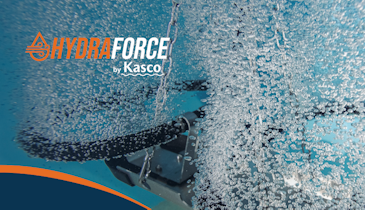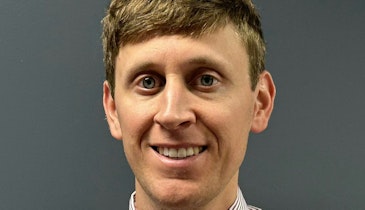
Mindi Dearing and Nikki Holloway, laboratory analyst, evaluate data from an ion chromatograph (Metrohm).
Mindi Dearing never stops pushing the envelope.
Twenty-six years removed from her bachelor’s degree in biological science, she earned an MBA. Several years after taking up running for recreation, she completed a marathon.
Dearing brings that level of energy and determination...








